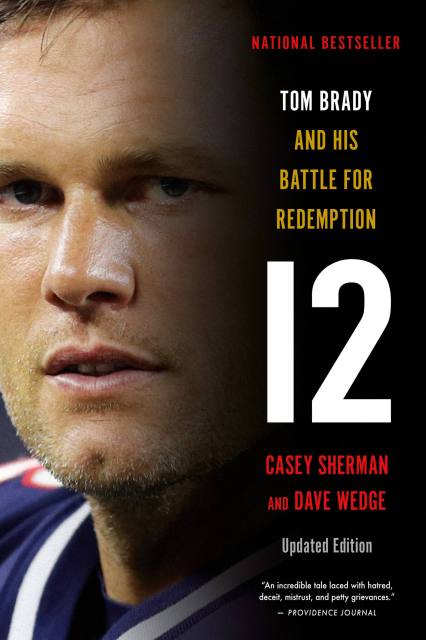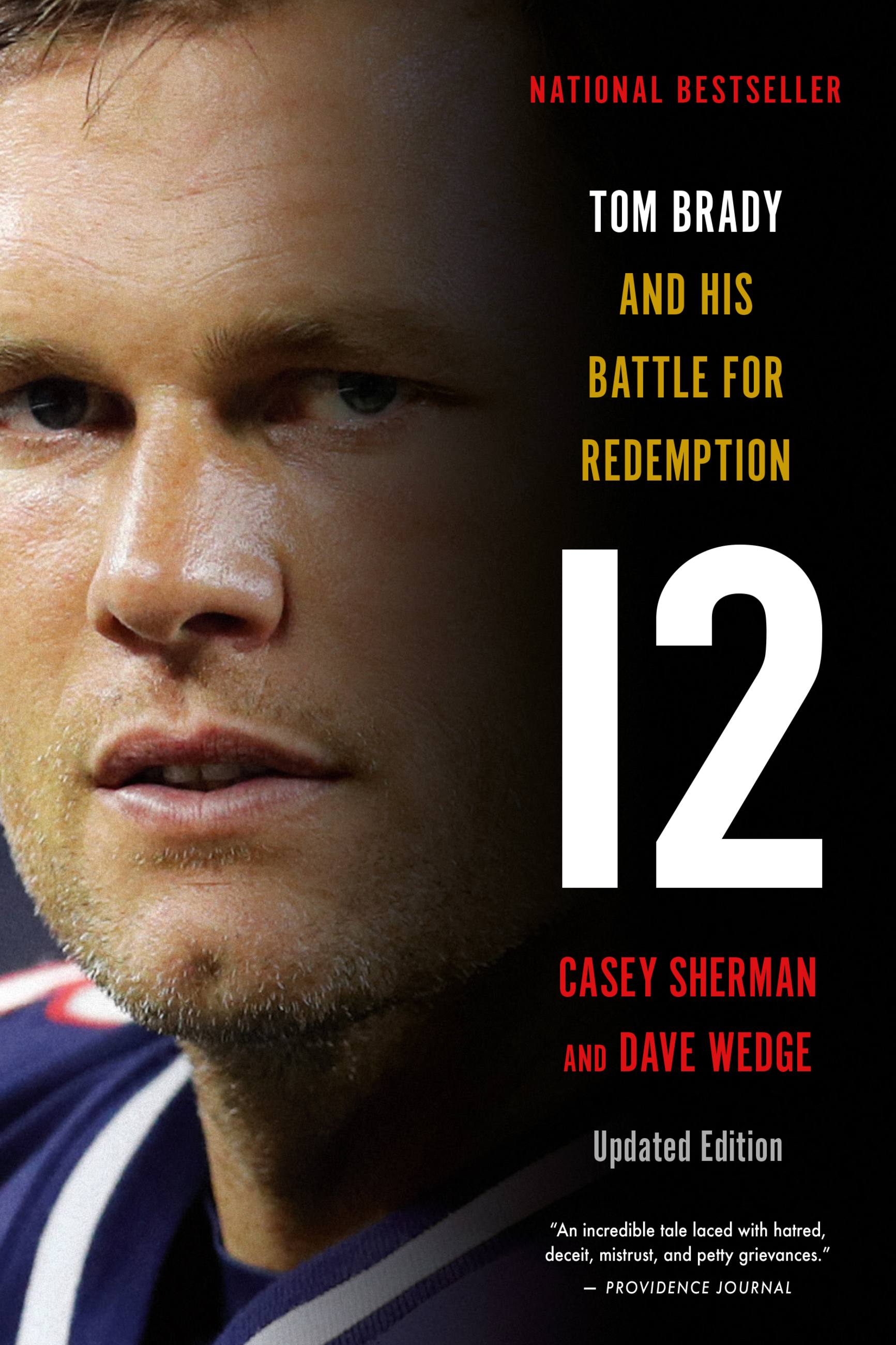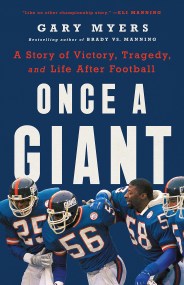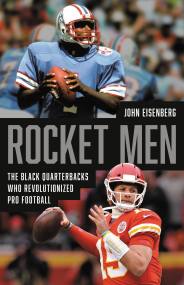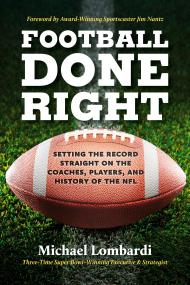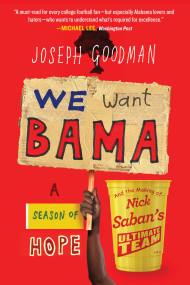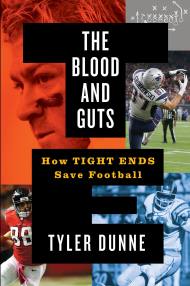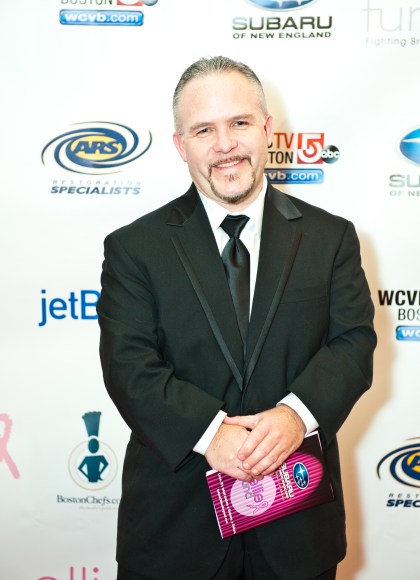Promotion
Free shipping on orders $45+ Shop Now.
12
The Inside Story of Tom Brady's Fight for Redemption
Contributors
By Dave Wedge
Formats and Prices
Price
$13.99Price
$17.99 CADFormat
Format:
- ebook $13.99 $17.99 CAD
- Audiobook Download (Unabridged)
- Trade Paperback $18.99 $23.99 CAD
This item is a preorder. Your payment method will be charged immediately, and the product is expected to ship on or around July 31, 2018. This date is subject to change due to shipping delays beyond our control.
Also available from:
In January 2015, rumors circulated that the New England Patriots — a team long suspected of abiding by the “if you ain’t cheating you ain’t trying” philosophy — had used under-inflated footballs in their playoff victory against the Indianapolis Colts. As evidence began to build, however, a full on NFL investigation was launched, exploding an unsubstantiated rumor into an intense scandal that would lead news coverage for weeks. As shockwaves rippled throughout the NFL system, the very legitimacy of one of the league’s most popular teams and their star quarterback began to erode, even as the Patriots and Brady went on to win that year’s Super Bowl.
But as the celebrations gave way to the offseason, the investigation only intensified, reopening old wounds between the Patriots’ powerful owner, Robert Kraft, and the NFL commissioner, Roger Goodell. Brady was devastated and seemingly more nervous in front of a judge that on a game-winning drive.
When the dust settled, Brady would be able to play again – but only after watching the first four games of the 2016 season from his couch. The pressure couldn’t have been more intense: Brady’s legacy was at stake. If he failed to return to his usual self, all the critics and even the history books would have to put a giant asterisk next to his name, signifying one thing: he was a cheater.
12 is the propulsive story of this gritty comeback. It’s a drama that unfolds in the locker room, the court room, and under the brightest lights in all of sports — the Super Bowl. Now for the first time, readers will have an exclusive look into Tom Brady’s experience and the NFL’s shocking strangle-hold on their players. With unprecedented access to Brady himself, his teammates, and his lawyers, we will see just how a football legend went up against one of the largest corporations in the world to stage the greatest comeback in NFL history and emerge a god of the gridiron.
Genre:
- On Sale
- Jul 31, 2018
- Page Count
- 320 pages
- Publisher
- Little, Brown and Company
- ISBN-13
- 9780316416405
Newsletter Signup
By clicking ‘Sign Up,’ I acknowledge that I have read and agree to Hachette Book Group’s Privacy Policy and Terms of Use
